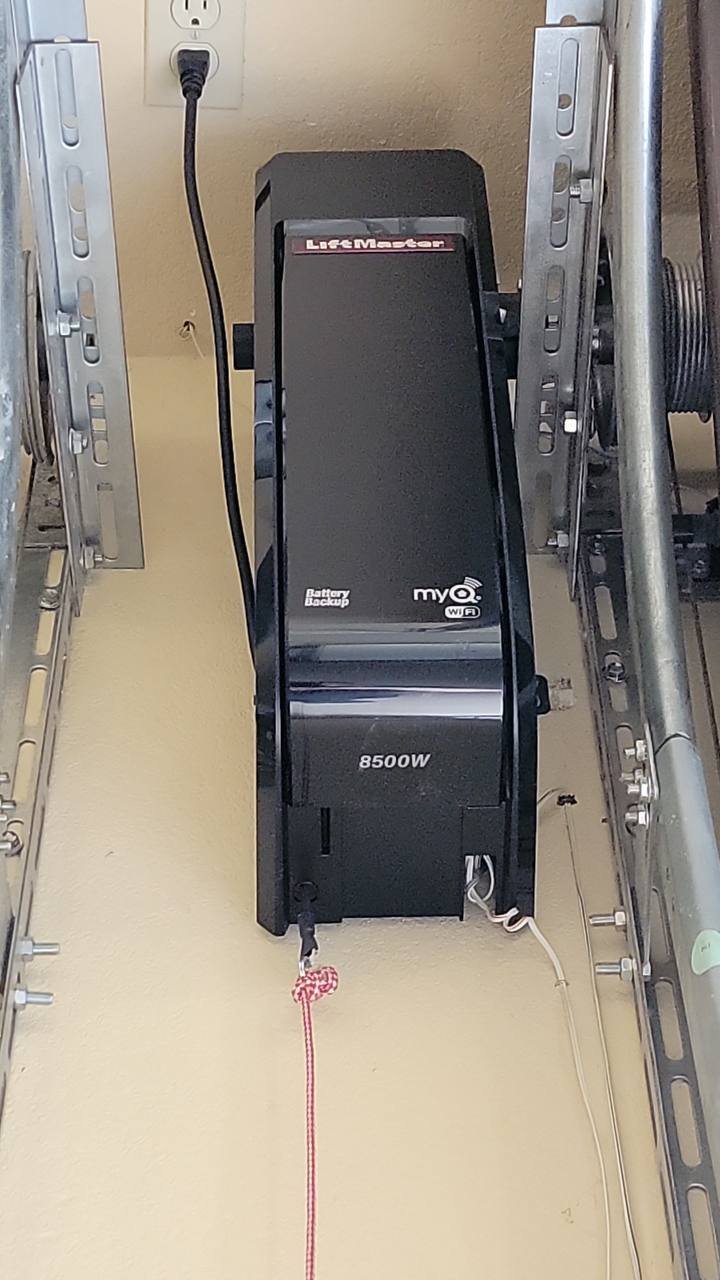Washington’s Fiscal Crisis: A $12B Shortfall
Washington state faces a projected $10–$12 billion budget deficit over the next four years, driven by rising costs, lower-than-expected tax revenues, and increased demand for public services like education, healthcare, and transportation . Governor Jay Inslee has imposed hiring freezes, paused non-essential contracts, and directed agencies to propose spending cuts to address the shortfall . Legislative leaders are divided on solutions: Democrats advocate for a wealth tax targeting assets over $50 million, while Republicans push for stricter spending controls .
The deficit threatens critical programs, including:
- $952 million in highway construction funds .
- $361 million for the National School Lunch Program .
- $275 million in special education grants .
The Fiscal Reform Debate: Cuts vs. Taxes
- Spending Reductions
State agencies are prioritizing cuts to non-essential services, with exemptions for public safety, healthcare, and revenue-generating roles . For example, the Department of Transportation froze hiring but spared ferry crews and winter maintenance teams . - Wealth Tax Proposal
Senate Majority Leader Jamie Pedersen (D-Seattle) supports taxing stocks, bonds, and unrealized gains for ultra-high-net-worth individuals, citing voter approval of capital gains taxes in 2023 . Critics argue this could drive investors out of Washington . - Federal Funding Uncertainty
A federal freeze on grants and loans—including $156 million for solar energy projects—exacerbates the deficit . Legal battles over Trump-era executive orders further complicate funding stability .
Business Angle: Cost-Effective Home Upgrades
Amid economic uncertainty, homeowners are prioritizing energy-efficient upgrades to reduce utility bills. Garage doors, a key component of home insulation, offer significant savings:
- Insulated Garage Doors: Reduce heat loss by 15–20%, aligning with Washington’s R-16 building code standards .
- Smart Openers: Enable remote monitoring, enhancing security and energy management .
Why Invest Now?
- State Incentives: While solar funding is frozen , energy-efficient retrofits remain eligible for federal tax credits.
- Long-Term Savings: A $1,200–$3,500 investment in a modern garage door can lower annual heating costs by $200+ .
FAQs
Q: How does the budget deficit impact homeowners?
A: Potential cuts to energy assistance programs ($96 million at risk) make DIY efficiency upgrades crucial .
Q: Are garage door upgrades tax-deductible?
A: Federal tax credits apply to ENERGY STAR-certified models. Check Garage Doors Seattle’s Tax Guide for details.
Q: What’s the lifespan of an energy-efficient garage door?
A: 15–30 years with proper maintenance, per Garage Doors Medina’s Maintenance Tips .
Conclusion
Washington’s fiscal challenges underscore the need for pragmatic investments—both in state budgets and home efficiency. By prioritizing energy-saving upgrades like insulated garage doors, homeowners can mitigate rising utility costs while supporting broader sustainability goals. For tailored solutions, explore financing options with trusted local providers and stay informed on legislative developments.
Trusted Partners:
By aligning fiscal responsibility with smart home improvements, Washingtonians can navigate economic uncertainty while enhancing property value and comfort.



